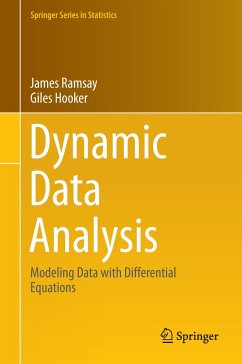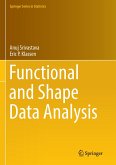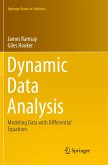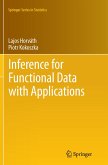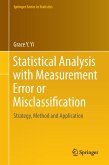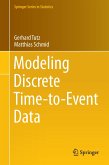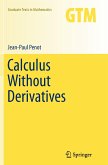This text focuses on the use of smoothing methods for developing and estimating differential equations following recent developments in functional data analysis and building on techniques described in Ramsay and Silverman (2005) Functional Data Analysis. The central concept of a dynamical system as a buffer that translates sudden changes in input into smooth controlled output responses has led to applications of previously analyzed data, opening up entirely new opportunities for dynamical systems. The technical level has been kept low so that those with little or no exposure to differential equations as modeling objects can be brought into this data analysis landscape. There are already many texts on the mathematical properties of ordinary differential equations, or dynamic models, and there is a large literature distributed over many fields on models for real world processes consisting of differential equations. However, a researcher interested in fitting such a model to data, or a statistician interested in the properties of differential equations estimated from data will find rather less to work with. This book fills that gap.
"This book is intended both for first year graduate students and for researchers in applied mathematics and/or statistics who want to check models with differential equations in data science. These kinds of models have a mechanistic approach, enlarging the classes of models for statisticians, and giving techniques for estimation of parameters, assessing the adequacy of models and planning experiments for applied mathematicians." (Sylvie Viguier-Pla, Mathematical Reviews, August, 2018)

